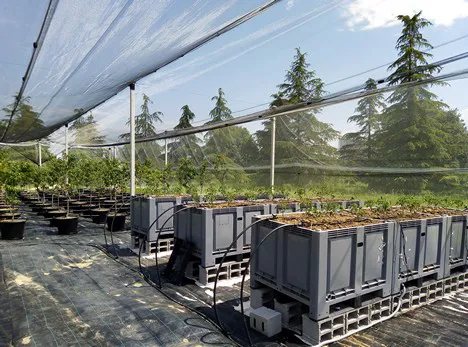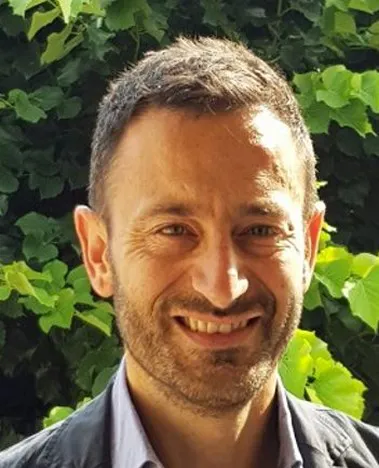The optimization of natural resources is a necessity that can no longer be postponed, it is necessary to follow alternative and feasible solutions.
According to recent studies, in Italy the per capita withdrawals of fresh water for agricultural use represent about 50% of the total water needs; moreover, the increasingly frequent phenomena of water shortage due to climate change are putting at great risk more than one third of the national agricultural production, with damages to the quantity and quality of crops, estimated on average around one billion euros per year.
This led to the development of a prototype designed to purify wastewater to be used to irrigate and fertilize cultivated fields, with benefits in terms of increased water availability, nutrient supply, reduction of chemical fertilizers, environmental sustainability and quality of purified water.

The hi-tech device was developed by ENEA and the University of Bologna, in collaboration with HERA Group and Irritec. This was a sample model created at the HERA purification plant in Cesena, Italy, which was tested on an experimental field containing 120 crops, including 66 peach trees and 54 industrial tomato plants, thereby confirming the quality of the purified water for agricultural purposes.
"The results of the activity carried out by ENEA could support the application of the prototype scheme to all wastewater treatment plants and encourage the reuse of waste water, from plant operators to reclamation consortia up to the automation, control and measurement sector, with the aim of ensuring a non-conventional and safe water source and at the same time providing a supply of nutrients to crops, in line with the new EU guidelines in force from 2023," said the project coordinator Luigi Petta (here in the photo), head of the ENEA Laboratory of Technologies for the efficient use and management of water and wastewater.
and encourage the reuse of waste water, from plant operators to reclamation consortia up to the automation, control and measurement sector, with the aim of ensuring a non-conventional and safe water source and at the same time providing a supply of nutrients to crops, in line with the new EU guidelines in force from 2023," said the project coordinator Luigi Petta (here in the photo), head of the ENEA Laboratory of Technologies for the efficient use and management of water and wastewater.
For more information:
Luigi Petta
ENEA
luigi.petta@enea.it
www.enea.it
